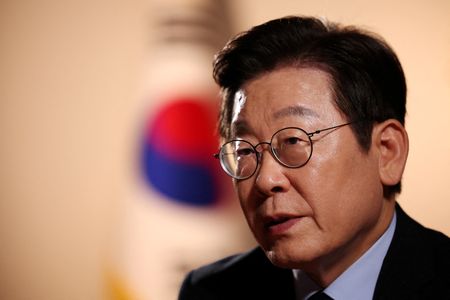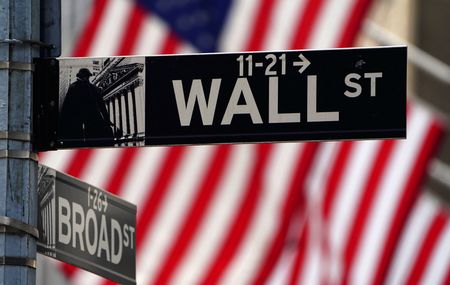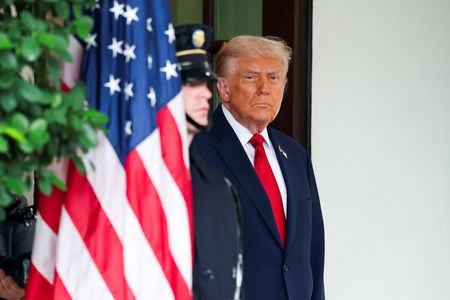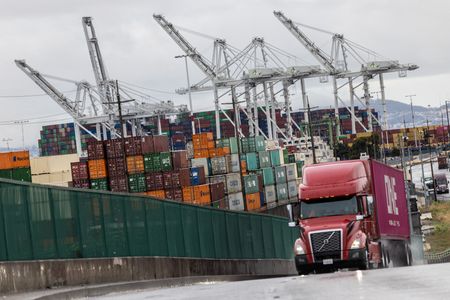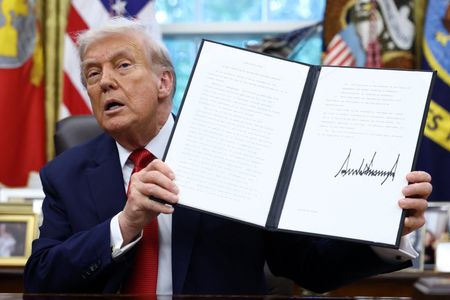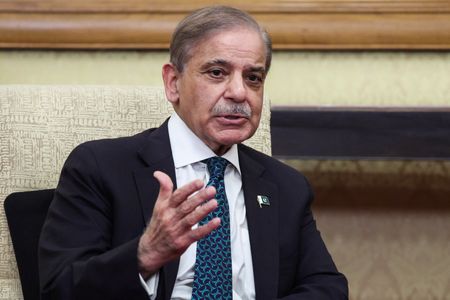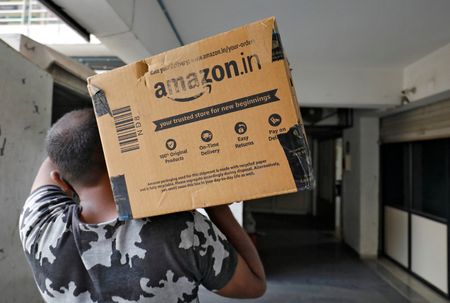SEOUL (Reuters) -South Korea’s president vowed to open its currency market for around-the-clock trading, giving easier access to foreign investors as the country seeks to boost the domestic stock market and as stalled U.S. trade talks weigh on the won.
“There is quite a time limit in the currency trading market, but we plan to scrap nearly all of it,” President Lee Jae Myung said on Thursday at an investor event in New York, according to a media pool report.
Lee said the government would also address in the near future the lack of offshore won market – a main factor behind global index provider Morgan Stanley Capital International’s (MSCI) classification of South Korea as an emerging market.
Since taking office, Lee’s administration has brought various reforms to boost the domestic stock market, including setting up a task force to win developed market status from MSCI, which has sent the benchmark KOSPI to a record high.
South Korea had held a tight grip on currency policy after the destabilising capital flight seen during the Asian Financial Crisis in the late 1990s.
However, it started to gradually open the onshore currency market to foreigners in the second half of 2024.
Currently, the market is open from 9 a.m. local time to 2 a.m. the next day, compared with closing at 3:30 p.m. previously, to cover London hours.
The new trading hours would allow offshore transactions in the won and “create a 24-hour foreign exchange computer network within the Bank of Korea,” which requires regulatory change but not parliamentary approval, Kim Jae-hwan, director general at the finance ministry said.
Lee’s comments also come amid stalled trade talks with the U.S. over the foreign exchange implications of a $350 billion investment package promised by Seoul. The president earlier told Reuters the country might face a foreign exchange crisis if it accepted the terms the U.S. demanded over the package.
“South Korea is $350 billion that’s up front,” U.S. President Donald Trump said on Thursday. Commerce Secretary Howard Lutnick recently discussed with Seoul the idea of slightly increasing the $350 figure, the Wall Street Journal reported, citing sources.
“Amid a strong dollar, the won is weakening faster as uncertainty is high over the U.S. investment package,” said Lee Min-hyeok, an analyst at KB Kookmin Bank.
The won extended losses to its lowest level since mid-May to 1,414.0 per dollar on Friday, raising caution among market participants about intervention. The currency broke below the psychologically important level of 1,400 on Thursday.
“There is caution, but it doesn’t seem authorities are capping the downside yet,” one local currency dealer said.
The benchmark KOSPI stock index was also poised to record its biggest slump since early August, dropping more than 2% on U.S. tariff worries.
The benchmark 10-year treasury bond yield rose more than 10 basis points to 2.966%, the highest since mid-March.
(Reporting by Jihoon Lee, Cynthia Kim and Youn Ah Moon; Editing by Sam Holmes)

